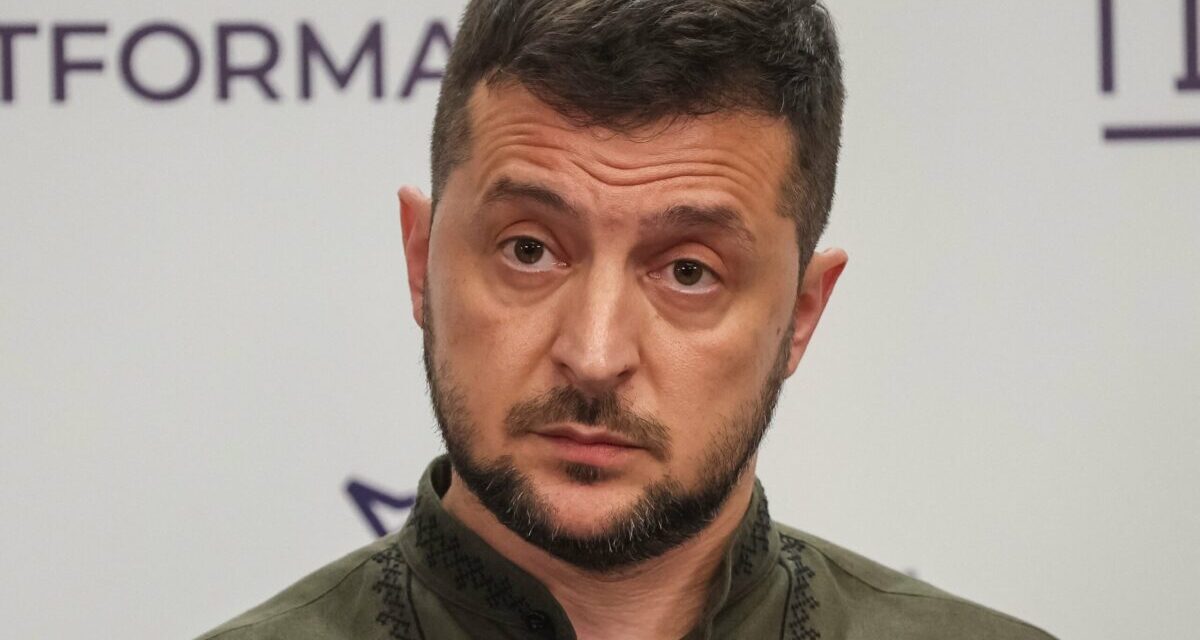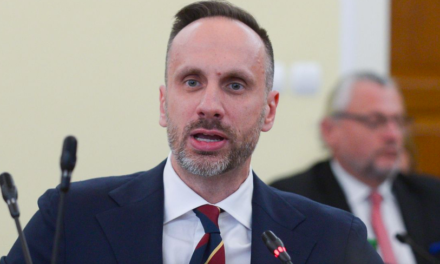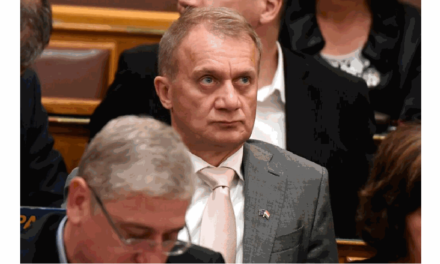Something could be done next door: there is a big problem with the rights of minorities in Ukraine, but the European Commission is not satisfied with the anti-corruption and anti-oligarch rules either.
At the request of the Swedish Council presidency, Olivér Várhelyi, Commissioner for Neighborhood Policy and Enlargement of the European Commission, gave an extraordinary report
a year has passed since the European Union granted candidate status to Ukraine and Moldova,
In the case of Georgia, it established the conditions for obtaining candidate member status.
Várhelyi emphasized that this report is not about all the milestones of the entire accession process - these will be included in the regular enlargement report in October - but about the seven priorities that the European Union set as expectations for Ukraine last June: judicial reform, press regulation, on the reform of the constitutional court, anti-corruption action, the suppression of money laundering, the elimination of oligarchs and the protection of the rights of national minorities.
There are two good news for Kyiv
Commissioner Várhelyi said,
so far, Ukraine has met all expectations in two areas:
with regard to the judicial reform, it established the Supreme Council of Justice and the Supreme Judicial Aptitude Committee, which will enable the appointment of judges based on merit.
In addition, the demands related to the press were also met: Ukraine fully adopted press regulation in accordance with the audiovisual media directive of the European Union. The commissioner also spoke optimistically about the reform of the Ukrainian Constitutional Court, according to which it is "progressing well", that is, Ukraine has already completed more than half of its tasks in this regard: the law necessary for the reform was adopted in the first reading.
"In our opinion, this law establishes a certain process, but it is still too early to tell, because the adoption of the law in the Rada in the second reading is still ongoing, and amendments can still be submitted until June 24"
- said Várhelyi.
The Commission therefore asks Ukraine to concentrate on adopting the law in the second reading in accordance with the recommendations of the Venice Commission, i.e. in the form presented by the government.
Corruption: there is still a lot of work to be done
Commissioner Várhelyi painted a less rosy picture of the remaining four areas, as Ukraine managed to complete less than half of the work on these.
With regard to the prosecution of corruption, he emphasized: the appointment of the new heads of the Special Anti-Corruption Prosecutor's Office (SAPO) and the National Anti-Corruption Bureau of Ukraine (NABU) is clearly a step forward, but there are still systemic tasks to be done, such as the adoption of the electronic asset declaration system and the anti-corruption state program.
Ukraine must also act more forcefully against money laundering,
if it wants to be an EU member state: it must restore the legal category of "politically exposed persons" as required by the EU anti-money laundering rules and comply with those rules in everything else.
Even the Commission is not satisfied with the anti-oligarch rules: although the country has an approved action plan to reduce the influence of the oligarchs,
but it has not yet been implemented together with the recommendations of the Venice Commission.
In this regard, Commissioner Várhelyi gave a strong signal, according to him, "systemic laws and steps against the oligarchs must be taken without delay".
There is a big problem with the rights of minorities
It also seems quite problematic to fulfill the minority legal conditions for joining. Várhelyi called on Ukraine to
"comply with the recommendations made by the Venice Commission in this month's opinion regarding the minority law,
with particular regard to the use of minority languages in public life, public administration, press and books", as well as the recommendations that the Venice Commission made in 2017 and 2019 in connection with the law on education and the state language, which Ukraine also ignored.
At the same time, Commissioner Várhelyi welcomed the fact that Ukraine postponed the massive reduction of education in minority languages by one year, because, in his opinion,
"gives Ukraine an opportunity to rethink the system of minority schools in the light of the previous recommendations of the Venice Commission to provide equal opportunities to those belonging to national minorities".
In practice, this means that the European Commission would like to see a complete reform of Ukraine's minority policy in order to join the EU.
Featured image: Reuters













